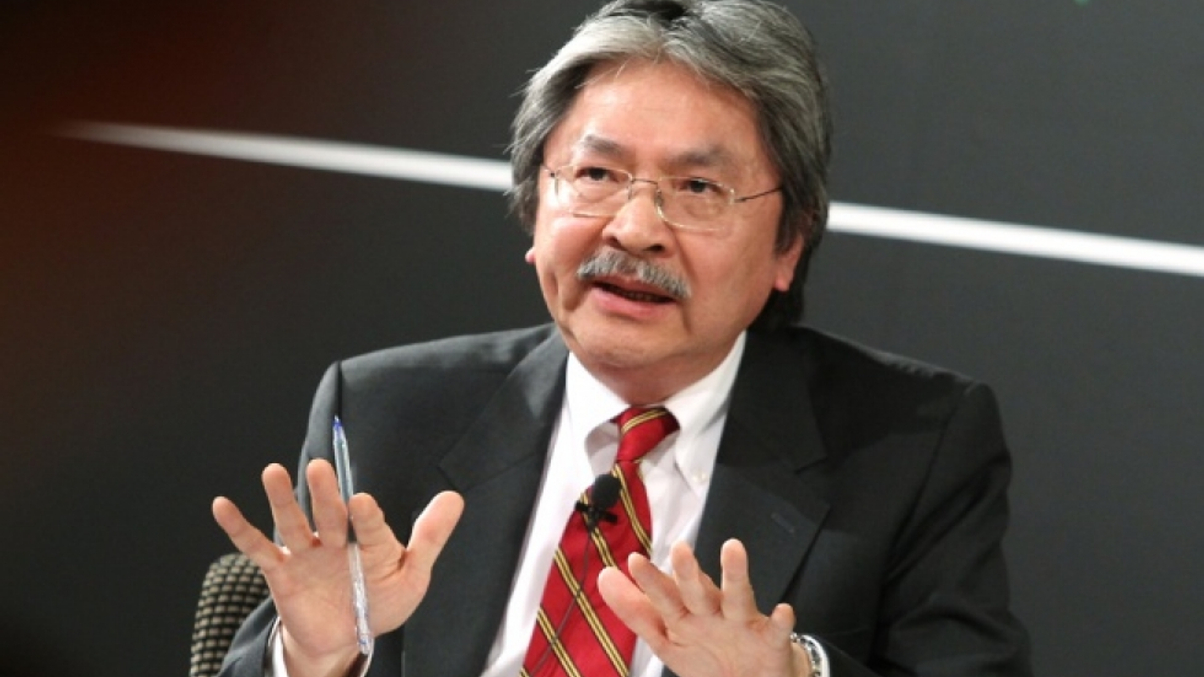HK's Tsang pledges HK$10bn iBond in budget
Financial secretary John Tsang says a three-year iBond will be issued this year and vows to improve Stock Connect, but shies away from a commitment on mutual recognition.

Hong Kong will launch a new round of inflation-linked retail bonds this year, the city’s financial secretary, John Tsang, announced in his government budget speech yesterday.
Sign in to read on!
Registered users get 2 free articles in 30 days.
Subscribers have full unlimited access to AsianInvestor
Not signed up? New users get 2 free articles per month, plus a 7-day unlimited free trial.
¬ Haymarket Media Limited. All rights reserved.


